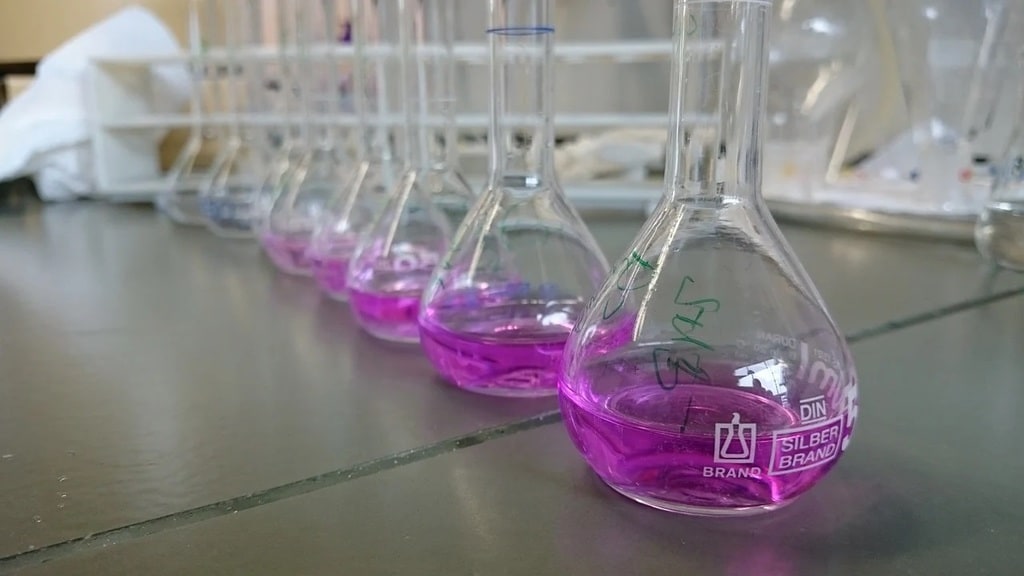Recent advances in scientific research have led to numerous breakthroughs that are transforming our understanding of the world and paving the way for new technologies and medical treatments. These discoveries span various fields, from quantum physics and biology to environmental science and artificial intelligence. In this article, we will explore some of the most significant scientific breakthroughs of recent times, highlighting their implications and potential applications.
Significant Scientific Discoveries in Recent Years
One of the most groundbreaking developments has been in the field of quantum computing. Scientists have made substantial progress in creating quantum computers that can solve problems far more efficiently than classical computers. These quantum machines utilize the principles of quantum mechanics, such as superposition and entanglement, to perform complex calculations at unprecedented speeds. This advancement promises to revolutionize industries that rely on large-scale data processing, such as cryptography, materials science, and drug discovery.
In the realm of biomedical research, the advent of CRISPR-Cas9 gene-editing technology has opened up new possibilities for genetic engineering. This tool allows researchers to make precise edits to DNA, potentially curing genetic disorders and improving agricultural practices. The successful use of CRISPR in clinical trials for conditions like sickle cell anemia and certain types of cancer marks a significant step towards personalized medicine, where treatments can be tailored to an individual’s genetic makeup.

Breakthroughs in Environmental Science
Environmental science has also seen noteworthy advancements, particularly in the understanding and mitigation of climate change. Researchers have developed innovative methods to capture and store carbon dioxide, a major greenhouse gas, from the atmosphere. These carbon capture technologies aim to reduce the overall concentration of CO2, thereby mitigating the effects of global warming. Additionally, scientists are exploring sustainable energy sources, such as advanced solar cells and biofuels, to decrease reliance on fossil fuels.
Another critical area of progress is in the study of ecosystems and biodiversity. Conservation efforts have been bolstered by advancements in genetic sequencing, which help identify and protect endangered species. By understanding the genetic diversity within populations, conservationists can make more informed decisions about which species are most at risk and how to effectively preserve them.
Technological Innovations and Their Impacts
Artificial intelligence (AI) and machine learning continue to drive technological innovation. Recent developments in AI have led to the creation of highly sophisticated algorithms capable of learning and adapting from vast amounts of data. These algorithms are being applied across various sectors, from healthcare, where they assist in diagnosing diseases, to finance, where they improve investment strategies. The integration of AI into everyday technology is transforming how we live and work, enhancing efficiency and creating new opportunities.
Another technological breakthrough is the development of advanced materials. Scientists have engineered materials with unique properties, such as graphene, which is incredibly strong and conducts electricity better than copper. These materials have potential applications in electronics, medicine, and even space exploration. For instance, lightweight and durable materials can lead to the creation of more efficient vehicles and stronger, lighter protective gear.
Implications for the Future
The implications of these scientific breakthroughs are far-reaching. The advancements in quantum computing and gene editing, for example, have the potential to fundamentally alter industries and improve quality of life. Similarly, progress in environmental science is critical for addressing the global challenges posed by climate change. The integration of AI and the development of advanced materials will likely lead to new technologies that enhance our capabilities and open up new frontiers.
Here are some of the key areas impacted by recent scientific breakthroughs:
- Quantum Computing: improved computational power for solving complex problems.
- Gene Editing: potential cures for genetic diseases and advances in agriculture.
- Environmental Science: mitigation of climate change and conservation of biodiversity.
- Artificial Intelligence: enhanced efficiency and innovation across multiple sectors.
- Advanced Materials: development of stronger, lighter, and more efficient products.
As these breakthroughs continue to evolve, they will undoubtedly shape the future in ways we can only begin to imagine. The continued investment in scientific research and the collaborative efforts of researchers worldwide are essential for driving innovation and addressing the challenges of tomorrow.
Challenges and Ethical Considerations
With each breakthrough, there come challenges and ethical considerations that must be addressed. For instance, the use of CRISPR technology raises questions about the potential for unintended genetic consequences and the ethical implications of gene editing in humans. Similarly, the deployment of AI systems necessitates discussions about privacy, security, and the potential for bias in algorithmic decision-making.
The development of quantum computers also presents significant challenges. Ensuring the security of quantum communication and the potential disruption of current encryption methods are critical issues that researchers and policymakers must navigate. Environmental technologies, while promising, require careful implementation to avoid unintended ecological impacts.
In conclusion, the recent scientific breakthroughs highlighted in this article demonstrate the incredible potential of human ingenuity and the ongoing quest for knowledge. As we look to the future, it is clear that these advancements will continue to push the boundaries of what is possible, offering new solutions to some of the world’s most pressing problems.
